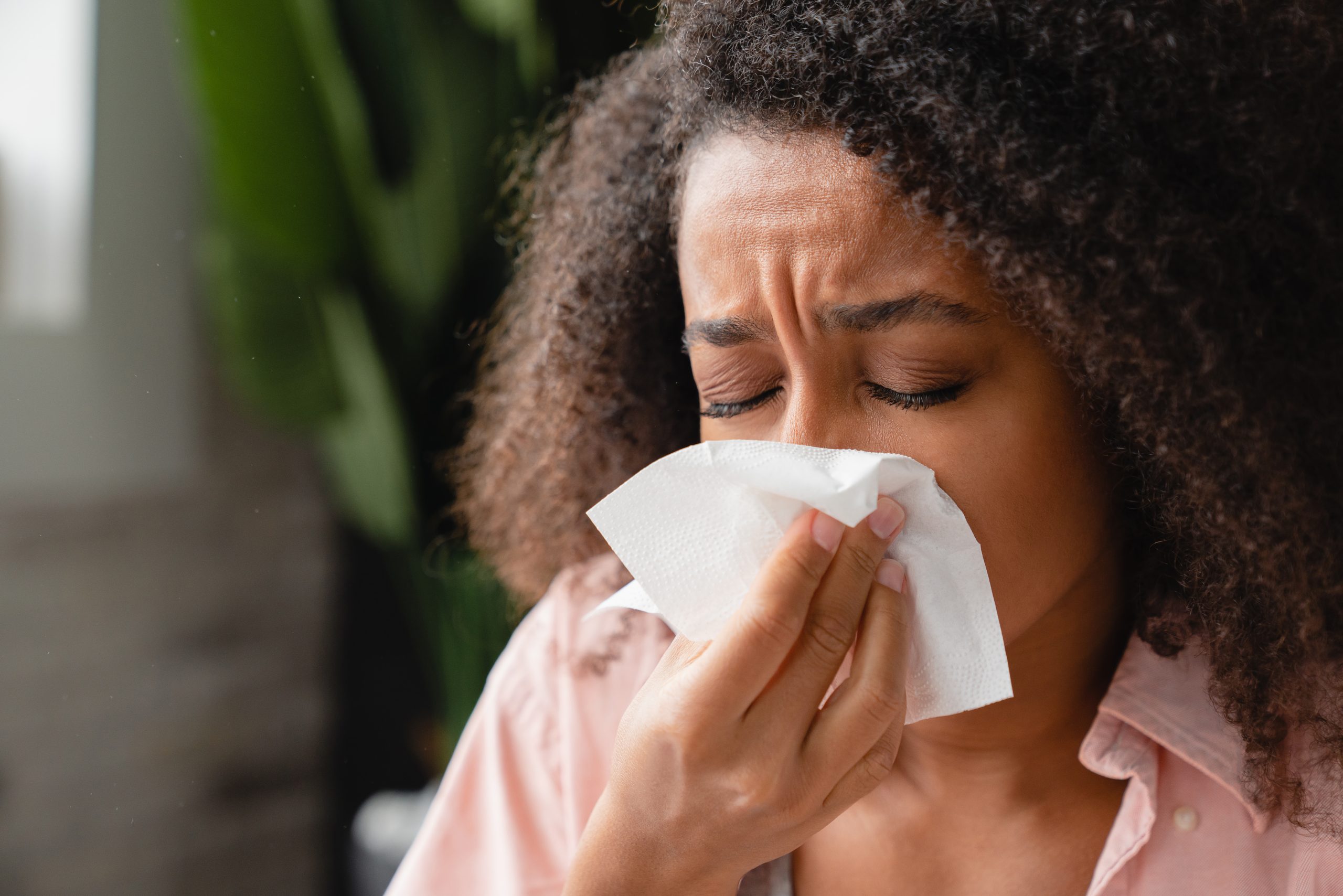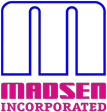
Allergy season is upon us. Once those April Showers pass, May hypersensitivity begins. And instead of loading up on decongestants and eye drops, consider this: the most effective way to dodge this influx of symptoms is to focus on your HVAC system. While you may think isolating yourself indoors will protect you from the dust and pollen, you may actually be making yourself even more susceptible.
Your HVAC system is your secret weapon to eliminate allergens hovering in your home; it just has to be in the right condition. No one wants to sneeze their way through spring, so here are a couple of proactive measures you can take now to make sure your HVAC is working for you — not against you.
Is My HVAC System Giving Me Allergies?
If your HVAC system isn’t properly maintained, it could actually be contributing to your allergies. If you’re sneezing or coughing even when you’re inside, your system could be the culprit. Here are some other signs your air quality is not up to par:
- Dry and itchy skin
- Nose bleeding, sneezing, wheezing, or congestion
- Irritable and congested feeling that goes away when you leave home
- The smell of mold or mildew
- Visible dust or pollen in the air
Don’t wait until you start suffering to take action — make sure to call in an HVAC professional before the worst of allergy season gets here. Madsen will make sure yourHVAC system is keeping your air in pristine condition all season long!
How To Get an HVAC System Ready
There are many factors to consider when getting your HVAC system ready for allergy season. Here are some important tips to follow and how they’ll help keep your home allergen-free.
Filters
Clogged filters can lead to a whole host of allergy-related issues. They circulate dust and allergens through your home, affecting your air quality and aggravating symptoms. While their purpose is to trap these particles so that they don’t bother you, they’ll have the opposite effect when they get inundated with them. It also makes your HVAC system work harder than it has to, which can take a toll on its lifespan.
Having your filters changed once a month is a surefire way to maintain the best possible air filtration, but even every two or three months will improve your indoor air quality in a significant way. Changing them right before allergy season is a must!
When choosing a filter, go with a HEPA filter. These are High-Efficiency Particulate Air filters that get the job done right. Picking one with a MERV rating of at least 10 will ensure you’re getting a higher-end filter in terms of the quality of air filtration. That means it’ll capture small particles like pollen that could sneak their way through doors and windows, causing you to deal with those itchy, watery eyes you’re not looking forward to.
Vents
Vents need to be dusted and cleaned to get rid of dust or debris. If they aren’t, that debris could circulate throughout the air in your home, making you more susceptible to allergic reactions. Vents can also collect condensation and humidity, which can lead to mold and mildew. And you definitely don’t want to be breathing that in.
An annual maintenance visit from your HVAC professional can make sure your vents are clean and ready to go. They may recommend installing a dehumidifier to prevent future issues if you’re dealing with mold or mildew.
Air Ducts
Your air ducts also need to be cleaned in order to avoid the same types of issues. Mold, mildew, and pollen are particularly prone to settling in these spaces before geting picked up and circulated throughout your home, exacerbating allergies and respiratory issues like asthma.
A professional duct cleaning service and regular HVAC maintenance appointments will solve this problem. A healthy HVAC system is powerful enough to keep air moving along while being constantly filtered, so nothing gets the chance to build up in the ducts!
Air Purification & Scrubbing Devices
There are additional devices that can be installed in line with your HVAC unit to keep your air extra clean. That way, if build-up occurs anywhere in the system, you’ve already got a backup plan in place. Additional air treatment can get rid of any lingering allergens that sneak their way through your system. These devices work before the air reaches vents in your rooms, effectively protecting you from whatever they catch.
Close the Door!
Give your HVAC system a chance to do its job! While fresh air from an open window or door may be tempting when the sun is shining and the birds are chirping, you’re much better off letting that fresh air come from your HVAC system. Because that air will be filtered.
By allowing air to flow in from outside, you’re letting in all of the allergens your system’s working so hard to keep out.
Watch Humidity Levels
Humidity is key when it comes to putting allergies in their place. While too much moisture can lead to mold or mildew, dry air isn’t helpful for your air quality either. Having too little moisture is like giving irritants a free pass to roam about your house as easily as possible.
You want to aim for about 40% humidity for ideal air quality. Using a dehumidifier in very humid areas won’t only fend off mold and mildew — it’ll also keep out fungi, mites, and bacteria. Your HVAC professional can also install a UV light in humid spots that eliminate bacteria and other bio-organisms if they start sprouting up.
Let Madsen Help You This Allergy Season
If you’re ready to get ahead of allergy season, give Madsen a call! We’ll come out to your home for a maintenance appointment and make sure each of these factors are in check, so you won’t be stuck sneezing your way through the season.
Our experienced professionals are happy to help you live your best life this spring. We look forward to seeing you soon!


